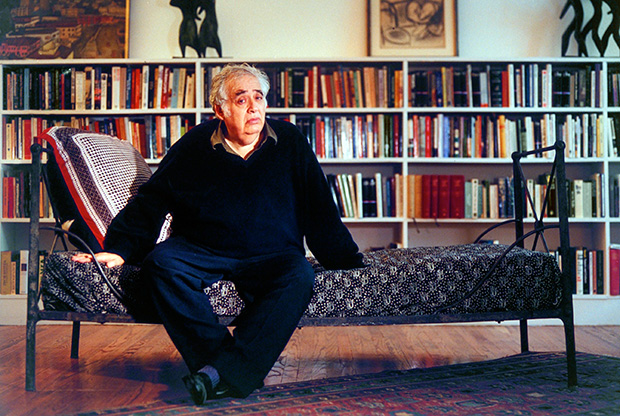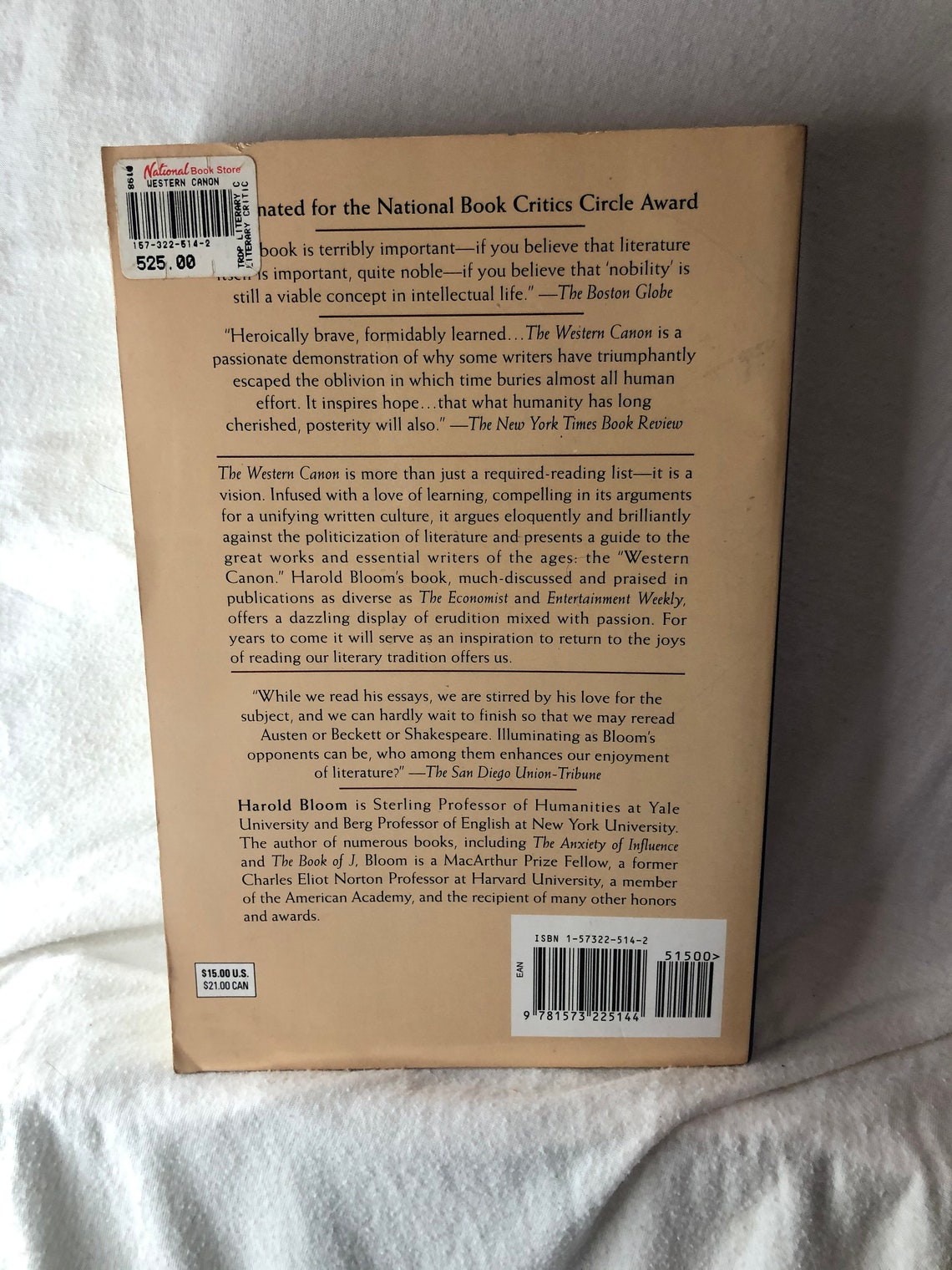


Broadly, what Bloom termed "schools of resentment" approaches associate with Marxist critical theory, including African-American studies, Marxist literary criticism, New Historicist criticism, feminist criticism and post-structuralism-specifically as promoted by Jacques Lacan, Jacques Derrida and Michel Foucault.

It is used to describe related schools of literary criticism that have gained prominence in academia since the 1970s and which Bloom contended are preoccupied with political and social activism at the expense of aesthetic values. "School of resentment" is a pejorative term coined by Bloom and expounded upon in his work. At the same time, they concur that such a group is pretty standard for the Western canon as understood by most Western European scholars. They interpret his list as dominated by British and American culture, with a small dose of ancient Western classics and a few non-English works from other Western European countries. Piotr Wilczek and Adam Czerniawski criticized Bloom's for narrow interpretation of the concept of the West, ignoring works from with which countries he was not familiar, such as Poland, which are significantly underrepresented in his scheme. Lawrence, though I hate him in a way, Jane Austen, too. Mine includes writers I don't necessarily like. People who merely describe what is happening now don't last. Canonical writers changed the medium, the language they were working in.

A culture's canon is an evolving consensus of individual canons. It consists of those writers all other writers have to know and by whom they measure themselves. Norman Fruman of The New York Times wrote that " The Western Canon is a heroically brave, formidably learned and often unbearably sad response to the present state of the humanities." īloom's canon is in many ways mine. īloom defends the concept of the Western canon by discussing 26 writers whom he sees as central to the canon: Bloom later disowned the list, saying that it was written at his editor's insistence and distracted from the book's intention. The Western Canon includes four appendices listing works that Bloom at the time considered canonical, stretching from the earliest scriptures to Tony Kushner's Angels in America. The Western Canon: The Books and School of the Ages is a 1994 book about Western literature by the American literary critic Harold Bloom, in which the author defends the concept of the Western canon by discussing 26 writers whom he sees as central to the canon.īloom argues against what he calls the "school of resentment", which includes feminist literary criticism, Marxist literary criticism, Lacanians, New Historicism, Deconstructionists, and semioticians.


 0 kommentar(er)
0 kommentar(er)
